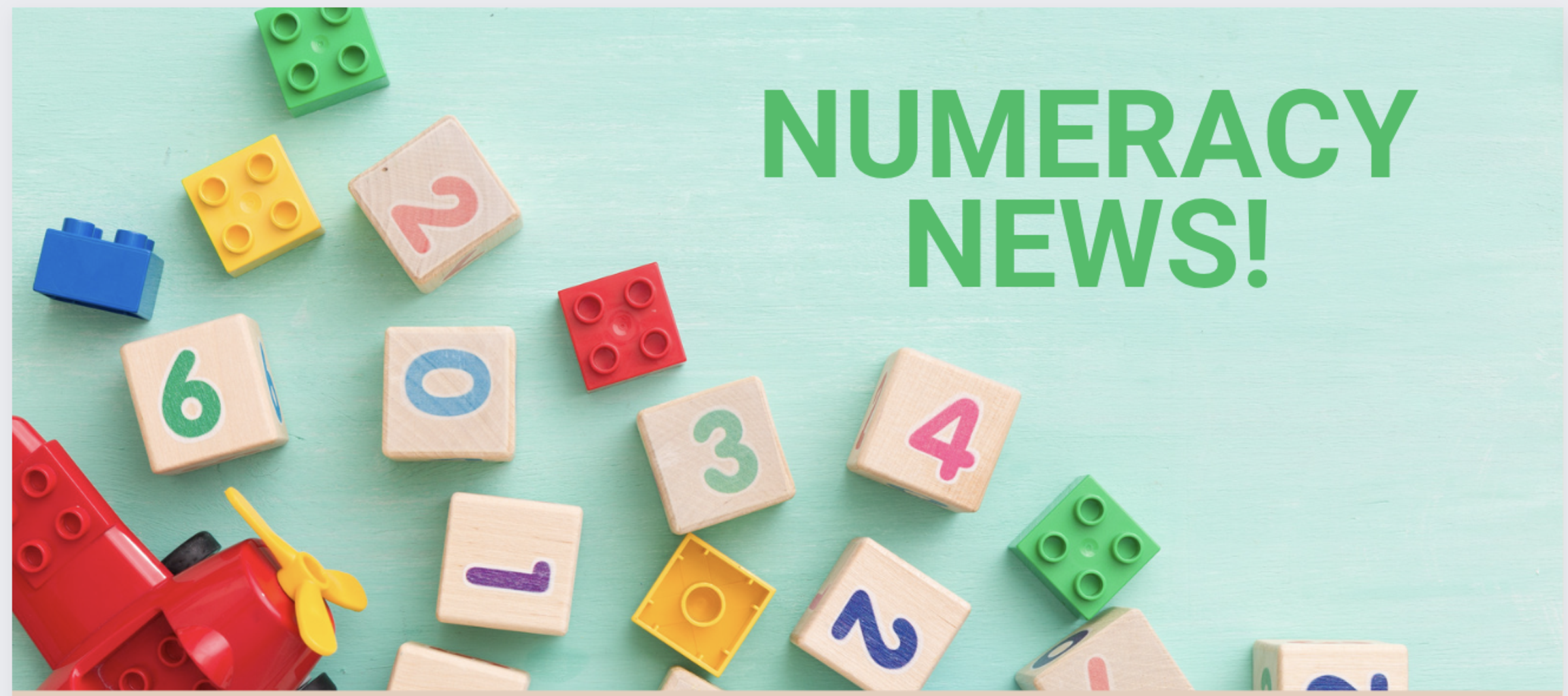Numeracy News

Working Mathematically…. What is it?
How does my child develop these skills?
Why is it on their school academic report?
If you have ever wondered any of these questions you are not alone!
In Week 6's newsletter we explored fluency, this week are having an in depth look at Communicating. Communicating is one of the six interrelated skills which are part of the Working Mathematically outcome.
Communicating
Communicating is a key skill which students use to express their ideas about mathematics. Often students may understand mathematical content but may find it difficult to communicate the strategy, process or approach they took to solve a mathematical problem.
We can build students' communication skills by exposing them to mathematical vocabulary, encouraging students to reflect and discuss the strategies they use and the knowledge and skills they may require to solve problems. Through these experiences we reinforce students’ understanding of words and the mathematical ideas the words represent.
How does this look in a Maths lesson?
Students are provided opportunities to communicate mathematically when they describe, represent, explain and reason about mathematical situations, concepts, methods and solutions. During Maths lessons students engage in open-ended tasks which may require students to:
- choose appropriate manipulative or strategies to solve a problem
- describe the processes they undertook to find a solution
- represent their thinking in more than one way
- explain their thinking to demonstrate understanding of the content points
- prove with other strategies or examples the accuracy of their response
- make connections to other mathematical concepts
- reflect on what they have done.
Students communicate through a variety of ways, such as in written, oral, graphical or symbolic form, through actions, gestures or signing.
How can I help my child develop mathematical communication skills?
There are many ways you can support your child’s development of their mathematical communicating skills at home. Some of these may be:
- Being open to and encouraging your child to use different approaches and strategies.
- Ask your child if they know another strategy they could use and discuss which may be the most efficient for them to use.
- Encourage your child to represent their thinking in more than one way; this could be with drawings, symbols or words.
- Ask your child to describe the process or explain their thinking when solving a problem.
- Ask your child if they have learnt any specific mathematical vocabulary that they could use to describe their thinking.
- Encourage your child to check the accuracy of their answers by proving with a different strategy or example.
Thank you for supporting your child’s learning in Mathematics.
Kind regards,
Ellen Dorrough
Instructional Specialist